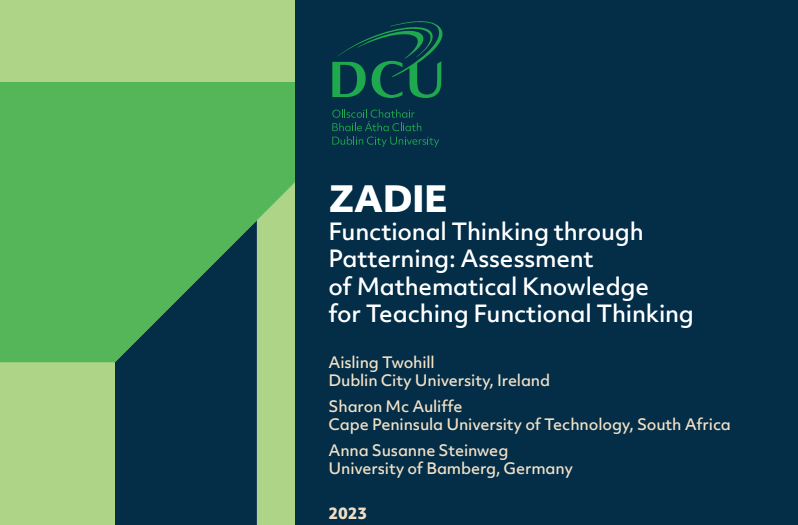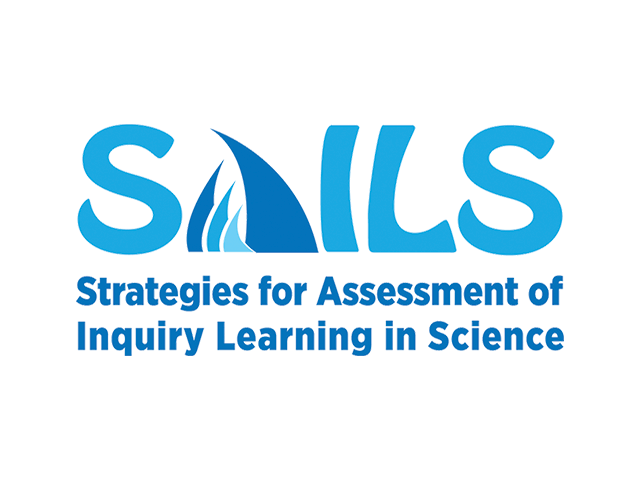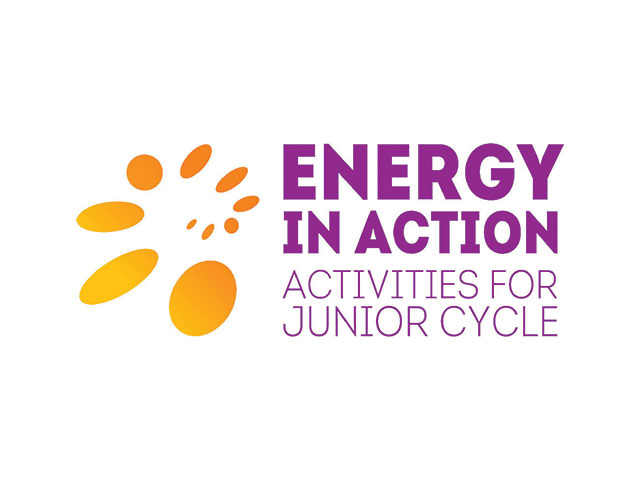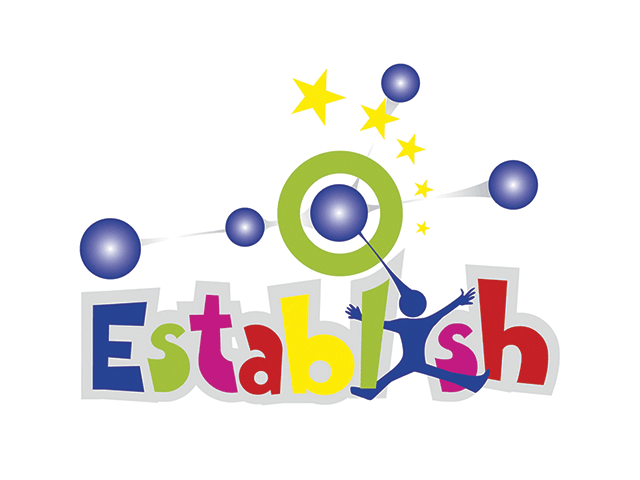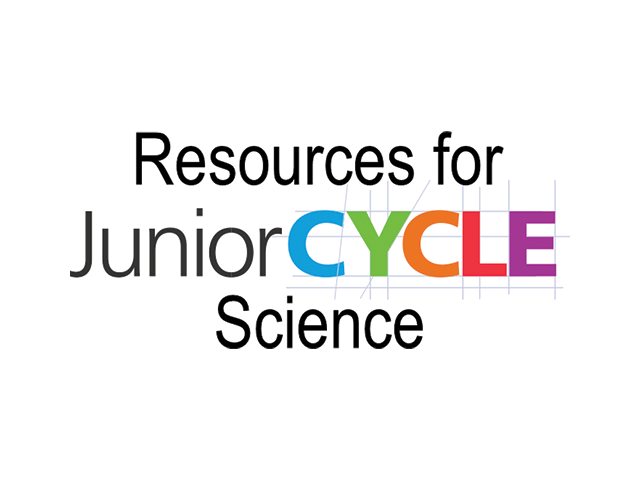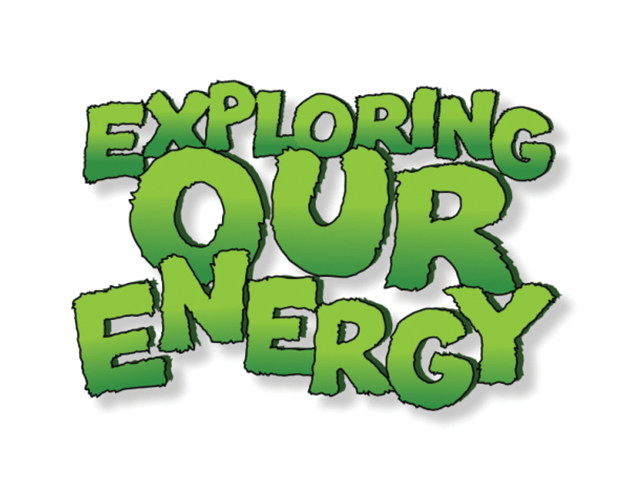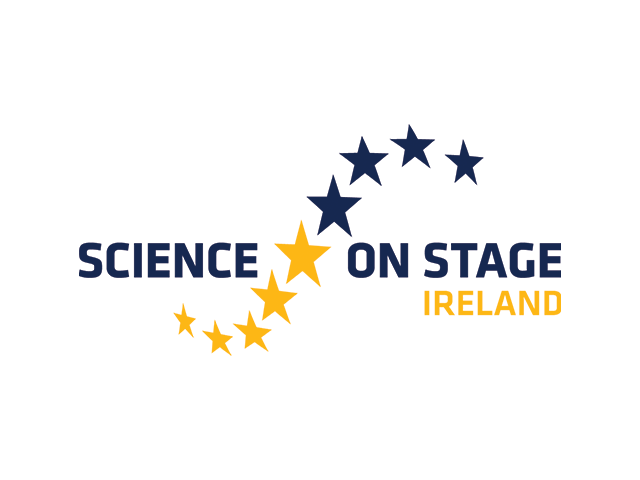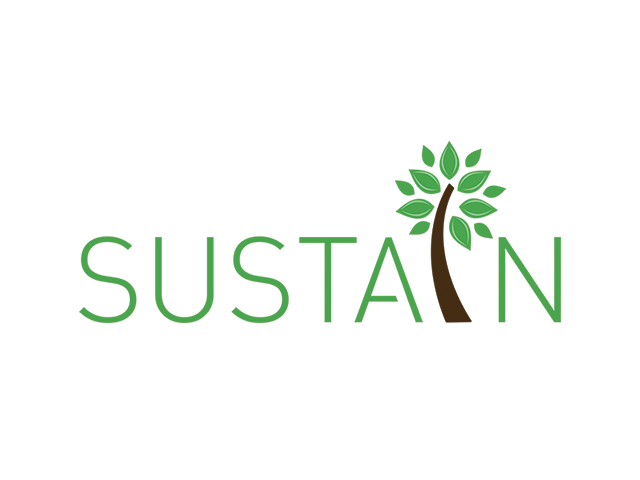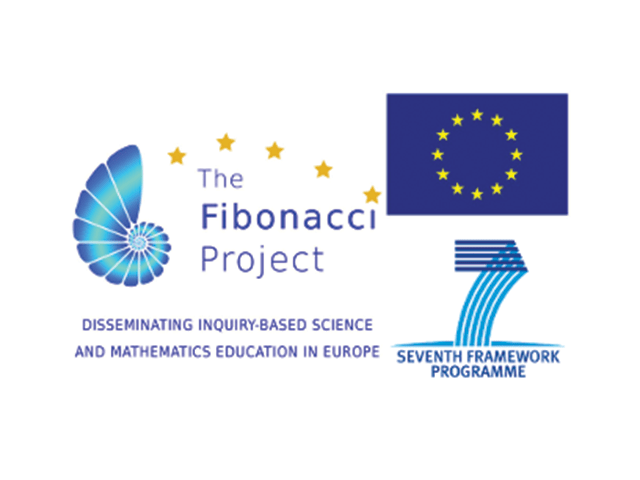This SEAI resource (published in 2023) was researched and developed by Associate Professor Orla Kelly of the School of STEM Education, Innovation and Global Studies and the Centre for the Advancement for STEM Teaching and Learning (CASTeL) in DCU Institute of Education, with her ‘Guzzler’s Party’ project partners Lucinda Jacob, author, and Alan Nolan, illustrator. It has lots of hands-on, inquiry based and curriculum-based activities to aid primary teachers to support their young children to develop their understanding about energy. Guzzler’s Party is an illustrated story book aimed at early years preschool children and primary school classes from junior infants to 2nd class. The hero, Alina, shows how you can save energy, while Guzzler prepares for the energy party. It is available to download in English and as Gaeilge or class sets can be borrowed from your local library.
ZADIE Functional Thinking through Patterning
ZADIE Functional Thinking through Patterning: Assessment of Mathematical Knowledge for Teaching Functional Thinking
- A teacher manual that describes a unit of work comprising four lessons exploring pattern, structure and algebraic thinking. The lessons focus on functional thinking as one of the main strands of algebraic thinking (Kaput, 2008). Lesson worksheets are included as an appendix, and the starting point of each lesson is a geometrical pattern (of squares or match-sticks) to be explored by the children. The four lessons address the ‘big ideas’ of functional thinking through patterning activities.
- An assessment of Mathematical Knowledge for the Teaching of Functional Thinking.
- A preparation programme to develop teachers’ mathematical knowledge for teaching functional thinking, and to introduce the teacher manual and ZADIE lessons.
SAILS Inquiry and Assessment Units
SAILS Inquiry and Assessment Units showcase the benefits of adopting inquiry approaches in classroom practice, exemplify how assessment practices are embedded in inquiry lessons and illustrate the variety of assessment opportunities and /or assessment processes available to science teachers.
Energy in Action
The SEAI Energy in Action programme provides a range of inquiry based activities that support the teaching and learning of Energy and Sustainability in the Junior Cycle Science Classroom.
ESTABLISH Inquiry Units
ESTABLISH Teaching and Learning Units serve as exemplary materials for science teachers and educators to support the use of Inquiry Based Science Education and foster a mutually beneficial relationships between industrial, scientific, teaching and educational communities.
Junior Certificate Resources
These sets of activities were written by Irish science teachers and science education researchers for investigations in Junior Certificate Science. We think there could be a place for them in the new Junior Cycle Science Specification.
An inquiry approach to measurement
A guided inquiry approach to forces
A guided inquiry approach to electricity
Exploring our Energy
The SEAI Exploring our Energy programme provides a range of inquiry activities that support the teaching and learning of Energy and sustainability in the Primary Science Classroom.
Science on Stage Ireland
A collection of teaching ideas and demonstrations, booklets and videos, that have been developed by Irish teachers and educators and presented at European Science on Stage Festivals.
SUSTAIN
The SUSTAIN (Supporting Science Teaching Advancement through Inquiry) network, funded through EU Comenius, has developed an innovative IBSE-based “toolbox” on Education for Sustainable Development (ESD) on three major ESD topics Food in ESD, Energy and Everyday objects.
The Energy resource is available for download here. Further resources can be found on the SUSTAIN project website.
Fibonacci
The Fibonacci project has developed a number of resources for teachers and teacher education. These include Background resources which define the general principles of inquiry-based science education and inquiry-based mathematics education and of their implementation and Companion resources which provide provide practical information, instructional ideas and activities, and assessment tools for the effective implementation of an inquiry-based approach in science and mathematics at school.


